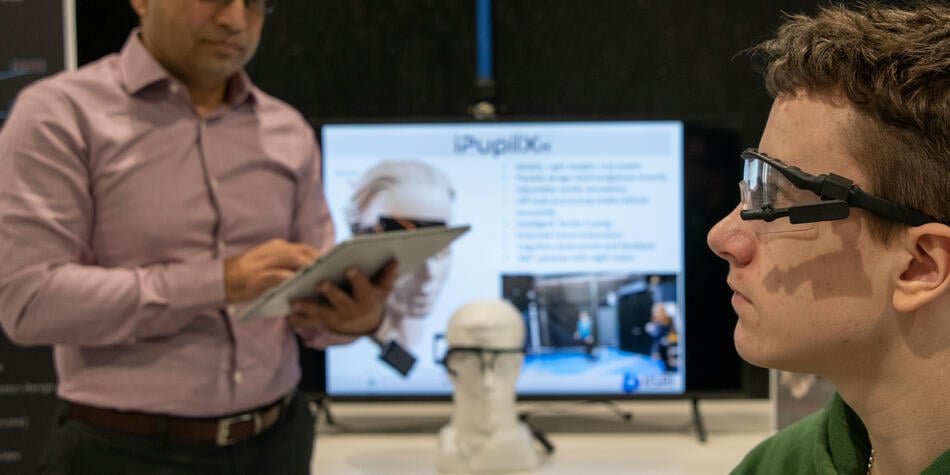Deakin researchers are investigating how children respond to various forms of advertising, particularly focusing on identifying the visual cues that influence unhealthy habits. Lead researcher Associate Professor Kathryn Backholer, known for her work in public health and cross-disciplinary research, that understanding these visual cues is crucial for shaping policies aimed at protecting children’s health.
The research team uses the iPupilX eye-tracking device, which can be worn during everyday activities, allowing data to be collected outside of laboratory settings. By tracking changes in pupil size, this device reveals how children engage with advertising in real-world environments, providing valuable insights into attention and focus.

